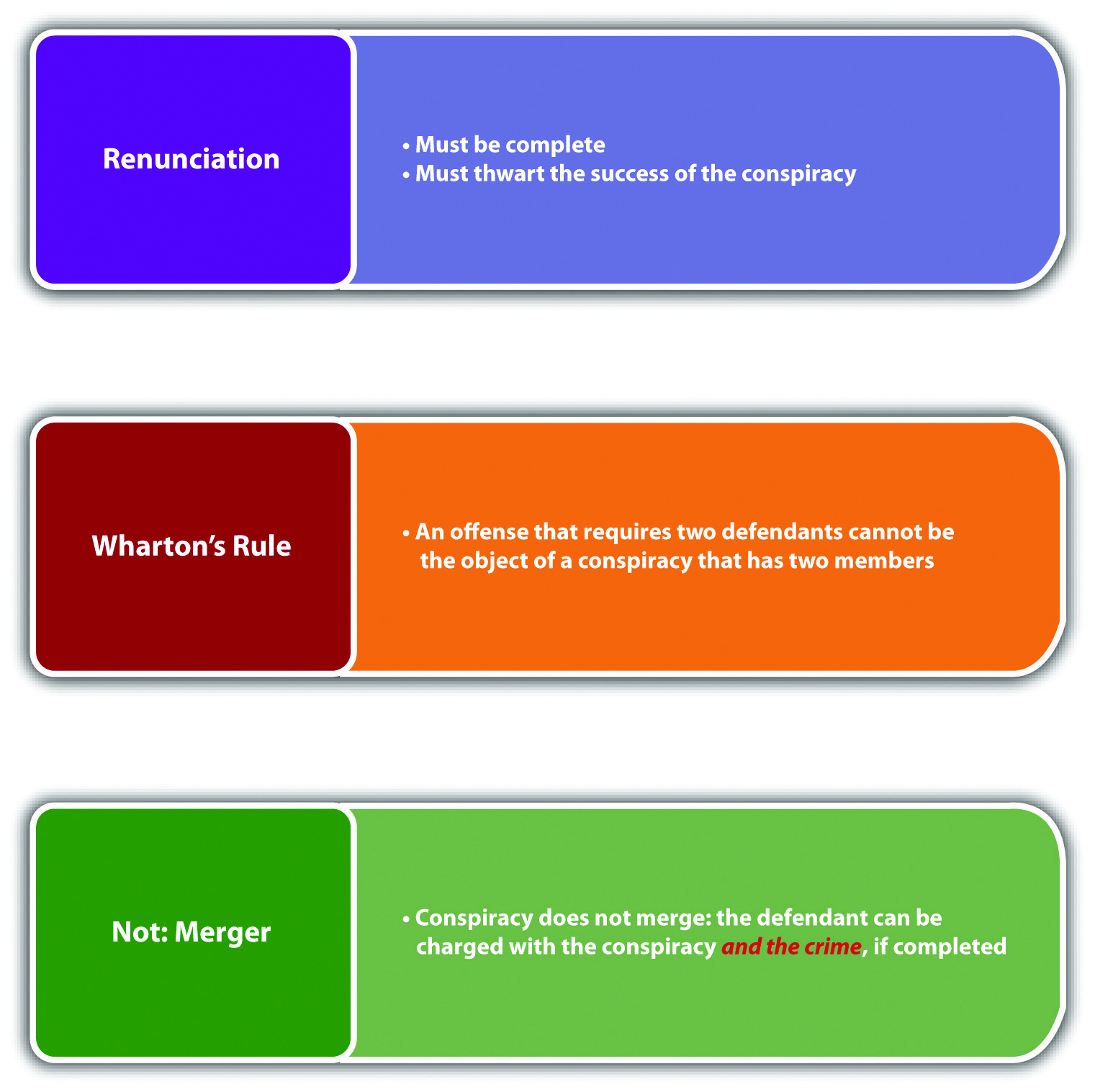

343 (1980) (where sentencing enhancement scheme for habitual offenders found unconstitutional, defendant’s sentence cannot be sustained, even if sentence falls within range of unenhanced sentences) Sandstrom v. 1954, 1966 (2016) (holding that principles of due process did not prevent a defendant’s prior uncounseled convictions in tribal court from being used as the basis for a sentence enhancement, as those convictions complied with the Indian Civil Rights Act, which itself contained requirements that “ensure the reliability of tribal-court convictions” ).

For other recurrences to general due process reasoning, as distinct from reliance on more specific Bill of Rights provisions, see, e.g., United States v. 358 (1970), held that, despite the absence of a specific constitutional provision requiring proof beyond a reasonable doubt in criminal cases, such proof is required by due process. In addition, the Court has held that the Due Process Clause protects against practices and policies that violate precepts of fundamental fairness, 2 Footnote For instance, In re Winship, 397 U.S. 1 Footnote See analysis under the Bill of Rights, “ Fourteenth Amendment,” supra. The Court has held that practically all the criminal procedural guarantees of the Bill of Rights-the Fourth, Fifth, Sixth, and Eighth Amendments-are fundamental to state criminal justice systems and that the absence of one or the other particular guarantees denies a suspect or a defendant due process of law under the Fourteenth Amendment. No person shall be held to answer for a capital, or otherwise infamous crime, unless on a presentment or indictment of a Grand Jury, except in cases arising in the land or naval forces, or in the Militia, when in actual service in time of War or public danger nor shall any person be subject for the same offence to be twice put in jeopardy of life or limb nor shall be compelled in any criminal case to be a witness against himself, nor be deprived of life, liberty, or property, without due process of law nor shall private property be taken for public use, without just compensation.

Amdt5.4.8.1.1 Due Process and the Rights of Criminal Defendants: Overview


 0 kommentar(er)
0 kommentar(er)
